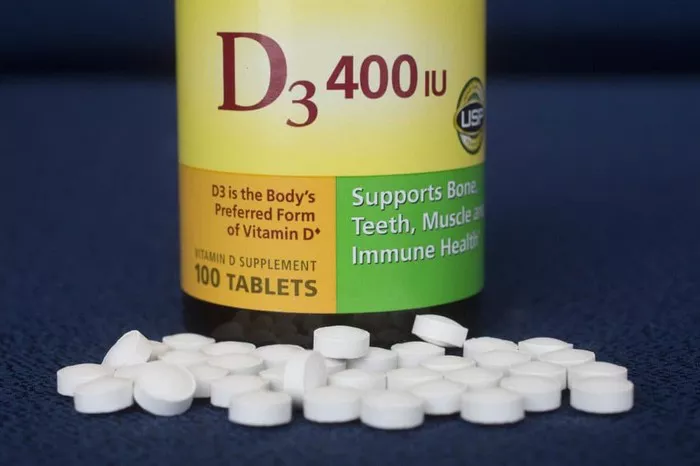At the recent Digestive Disease Week 2024 conference in Washington, DC, researchers unveiled findings suggesting a potential correlation between vitamin D deficiency and an increased risk of gastrointestinal bleeding (GIB) among patients taking blood thinners.
Exploring the interplay between vitamin D levels, blood clotting, and bleeding risk, investigators conducted a retrospective analysis utilizing data from the Epic Cosmos electronic database. The study encompassed 2,878,278 patients with vitamin D deficiency and 16,290,436 patients without the deficiency, all of whom were prescribed blood thinners between January 1, 2016, and January 1, 2024. Data was stratified by various blood thinner categories, including aspirin, clopidogrel, warfarin, and direct oral anticoagulants, to discern potential differences across these medications.
The analysis revealed a noteworthy finding: patients with vitamin D deficiency exhibited a nearly double rate of GIB compared to those without the deficiency, hinting at a possible association between vitamin D status and bleeding risk. This trend persisted across different blood thinner categories, suggesting a broader impact of vitamin D deficiency on bleeding risk irrespective of the type of anticoagulant used.
Even after accounting for potential confounding factors such as end-stage renal disease, use of proton pump inhibitors/histamine-2 blockers, and smoking history, the link between vitamin D deficiency and elevated GIB risk remained significant. Statistical analyses demonstrated robust odds ratios, confidence intervals, and P values across all comparisons, reaffirming the statistical validity of the findings.
While the study underscores the association between vitamin D deficiency and heightened GIB risk among blood thinner users, it stops short of establishing causality due to its retrospective design. The authors emphasize the need for further research to elucidate the precise role of vitamin D deficiency and potential benefits of supplementation in mitigating bleeding risk. Nevertheless, the study serves as a valuable catalyst for heightened awareness among both patients and healthcare providers regarding the potential implications of vitamin D status on bleeding risk management in individuals undergoing anticoagulant therapy. These insights could pave the way for more tailored treatment strategies and preventive measures in this patient population.
































